Resources
Browse resources created and collated by ARIIA as a trusted, evidence-based guide to supporting innovation across the aged care sector.
Showing
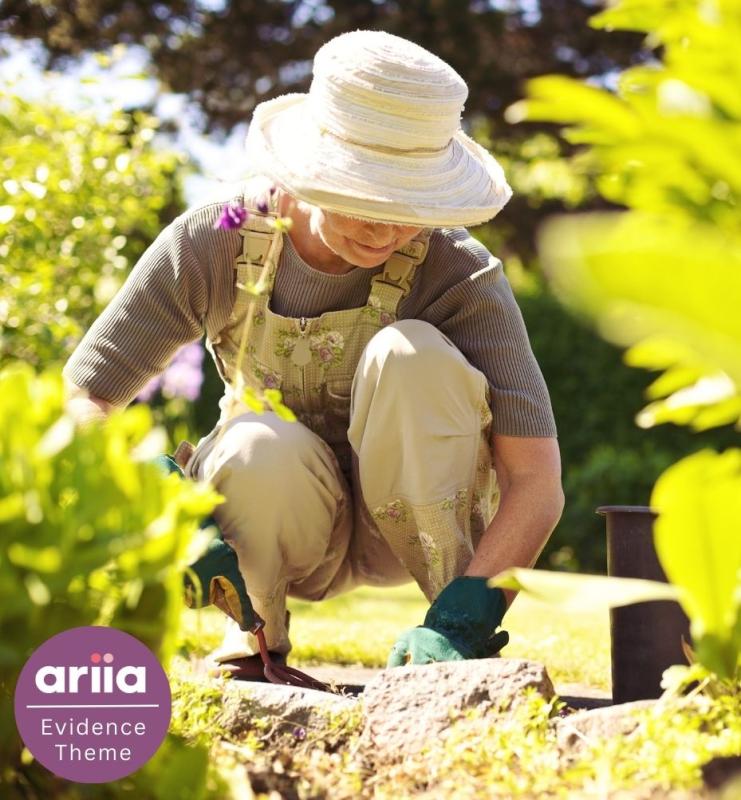
Dementia care: Meaningful activity
Evidence suggests that meaningful activity engagement may improve psychological wellbeing, and reduce eating difficulties, sleep disturbances, anxiety, and stress to people living with dementia. This resource from ARIIA is a short easy-to-read summary of the research evidence.
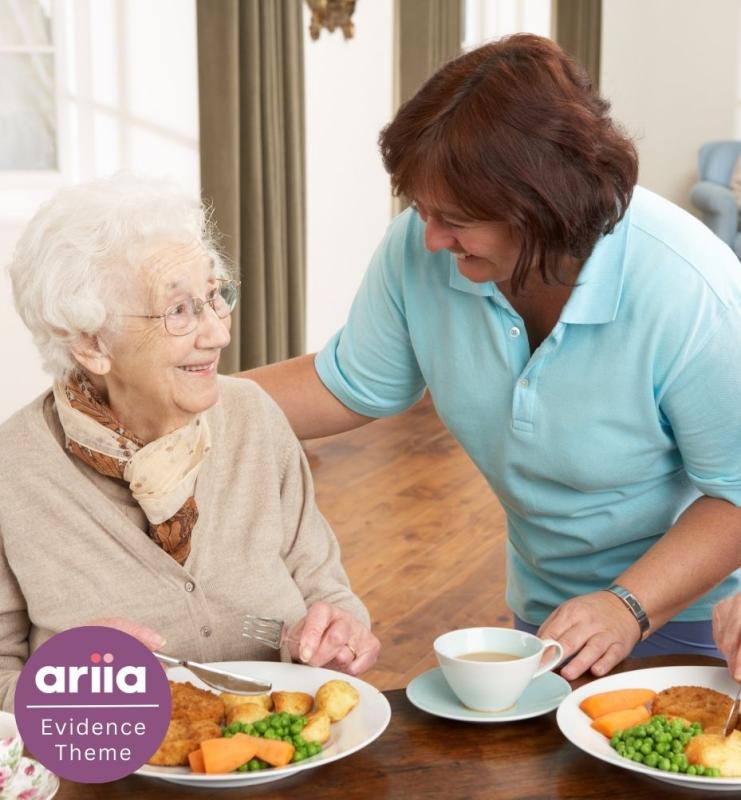
Dementia care: Mealtime care
People with dementia may experience difficulties eating and drinking for a range of different reasons. This might require the expertise of a speech pathologist, occupational therapist, or nutritionist. This resource from ARIIA is a short easy-to-read summary of the research evidence.

Dementia care: Massage and touch
There is some evidence that massage and touch can reduce aggressive and non-aggressive verbal and physical behaviours and agitation in people living with dementia. This resource from ARIIA is a short easy-to-read summary of the research evidence.

Dementia care: Linking generations
Evidence suggests that intergenerational programs can improve pleasure and reduce disengagement among older people living with dementia. This resource from ARIIA is a short easy-to-read summary of the research evidence.
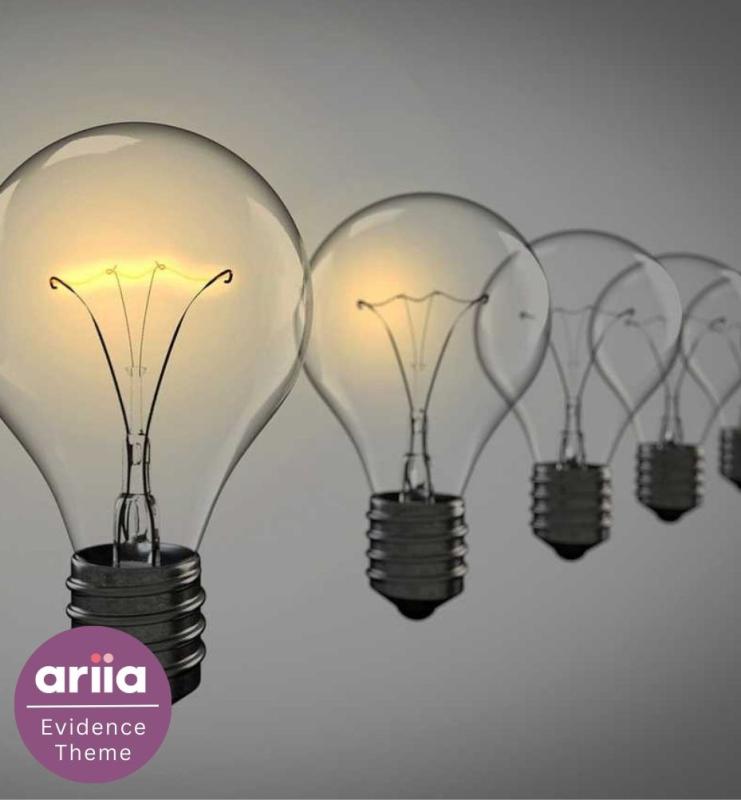
Dementia care: Light therapy
Light therapy may be used to help regulate sleep and waking cycles for people living with dementia. This resource from ARIIA is a short easy-to-read summary of the research evidence.

Dementia care: Exercise and physical activity
Exercise and physical activity are thought to improve or maintain mobility and physical function in people living with dementia. This resource from ARIIA is a short easy-to-read summary of the research evidence.
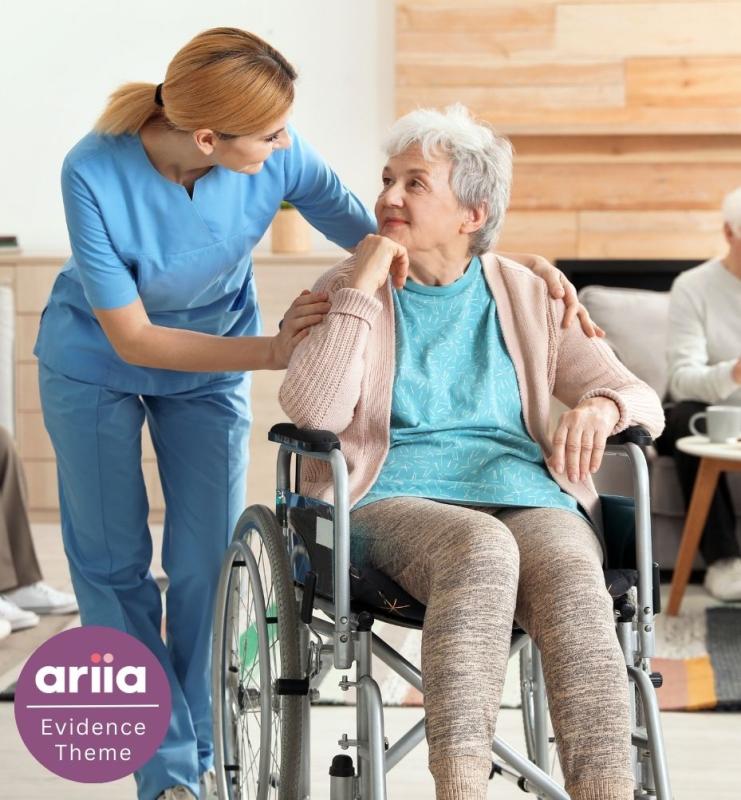
Dementia care: Dementia-friendly environments
Dementia-friendly environments support people with dementia to feel a sense of belonging, safety, independence and being connected to others. This resource from ARIIA is a short easy-to-read summary of the research evidence.

Dementia care: Dementia Care Mapping
There is evidence that changes in approach due to Dementia Care Mapping can lead to a reduction in the use of psychotropic drugs, hospital transfers, falls, and care worker levels of stress and burnout. This resource from ARIIA is a short easy-to-read summary of the research evidence.
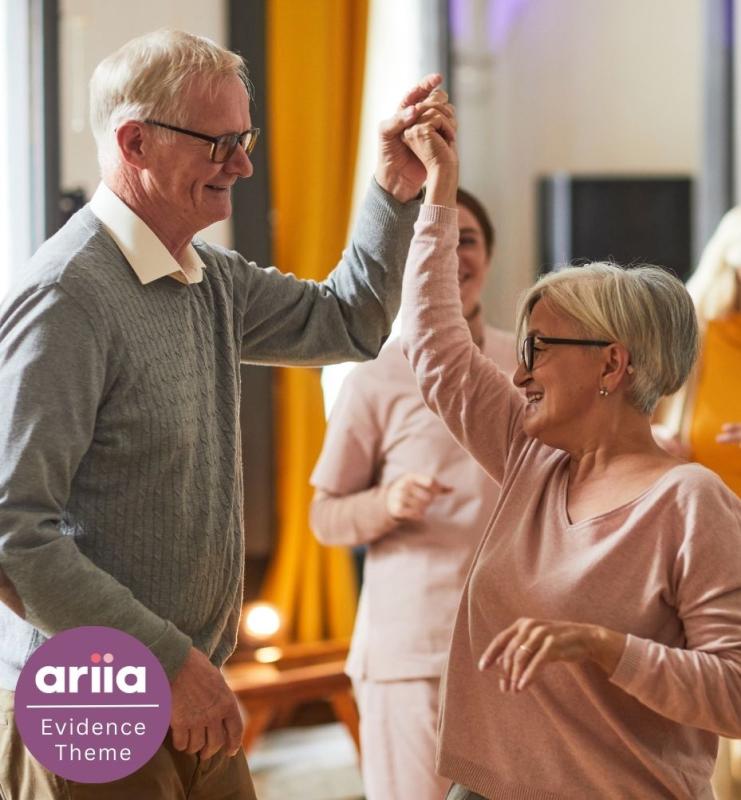
Dementia care: Dance-based interventions
Evidence suggests that dance-based activities can decrease responsive behaviours such as agitation for those living with dementia. This resource from ARIIA is a short easy-to-read summary of the research evidence.

Dementia care: Cognitive interventions
Cognitive stimulation therapy appears to improve overall cognitive function, especially memory, and reduce apathy at least in people living with dementia in residential aged care. This resource from ARIIA is a short easy-to-read summary of the research evidence.